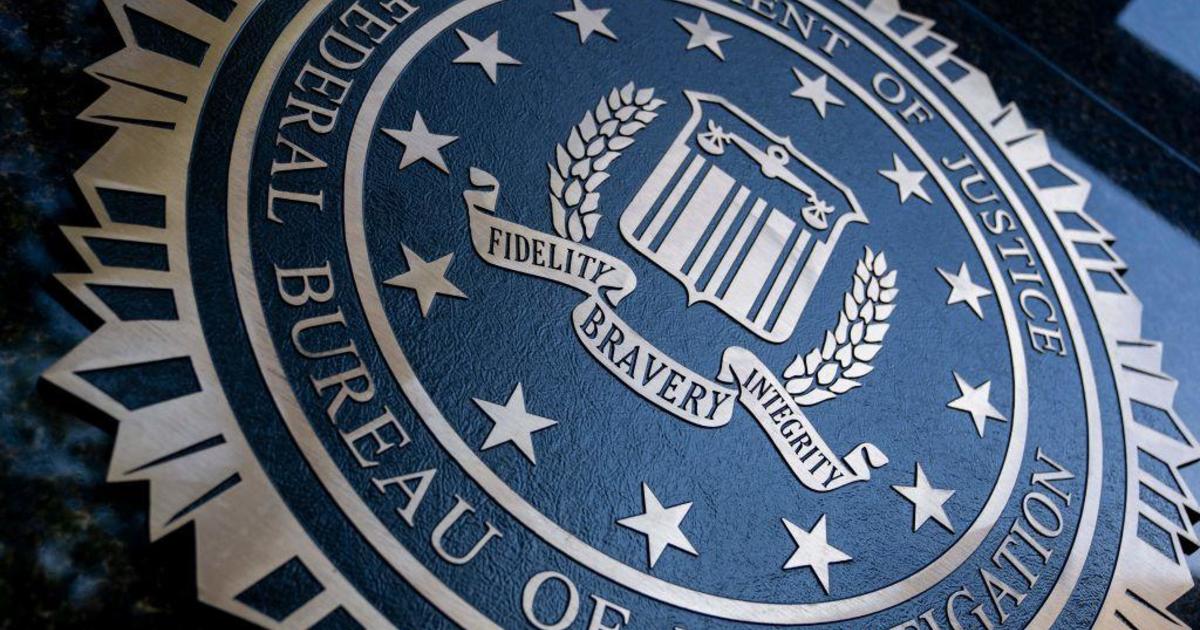
In March 2023, the Federal Bureau of Investigation (FBI) released a supplement to the 2021 Hate Crime Statistics, an annual compilation of bias-motivated incidents in the United States initially published in December 2022.
“Preventing, investigating and prosecuting hate crimes are top priorities for the Justice Department, and reporting is key to each of those priorities,” Associate Attorney General Vanita Gupta said in a statement. “The FBI’s supplemental report demonstrates our unwavering commitment to work with our state and local partners to increase reporting and provide a more complete picture of hate crimes nationwide.”
The 2021 supplemental report includes hate crimes data from an additional 3,025 law enforcement agencies. Overall, law enforcement agencies reported 10,840 total incidents and 12,822 victims, demonstrating that hate crimes remain a concern for communities across the country.
Nationally, reported hate crime incidents increased 11.6% — from 8,210 in 2020 to 9,065 in 2021. This data reflects the reports of 14,859 law enforcement agencies representing 91.1% of the U.S. population.
The FBI’s 2021 Hate Crime Statistics Supplemental Report released in December 2022 marked the first year using annual hate crimes statistics reported entirely through the National Incident-Based Reporting System (NIBRS).
As a result of the shift to NIBRS-only data collection, law enforcement agency participation in submitting all crime statistics, including hate crimes, fell significantly from 2020 to 2021.
In order to increase agency participation for the 2021 data year, the FBI’s Uniform Crime Reporting Program accepted hate crime data submissions from the summary reporting data collection system as well as additional NIBRS hate crime reports from agencies across the country.
According to this year’s data, 63.1% of single-bias incidents were motivated by the offenders’ bias toward race/ethnicity/ancestry, which continues to be the largest bias motivation category. Anti-Black or African American hate crimes continue to be the largest bias incident category, with 31.1% of all single-bias incidents in 2021.
Additionally, anti-Asian incidents represented 7.1% of incidents reported in 2021. The other largest categories of hate crimes include anti-Hispanic or Latino incidents, with 6.6% of incidents, and anti-White incidents, with 10.5% of incidents.
Together, incidents related to sexual orientation, gender and gender identity represented 20.4% of all single-bias incidents reported in 2022. Also, incidents related to religion were 15.1% of incidents, and those related to disability were 1.4%.
A total of 1,590 incidents related to religion were reported; the largest categories of religion included:
- Anti-Jewish incidents: 51.4% of religion-related incidents
- Anti-Sikh incidents: 11.6%
- Anti-Islamic incidents: 9.6%
- Anti-Catholic incidents: 6.1%
- Anti-Eastern Orthodox (Russian, Greek, Other): 3.1%
For the purpose of the report, a hate crime is defined as a criminal offense that is motivated, in whole or in part, by the offender’s bias(es) against a person based on race, ethnicity, ancestry, religion, sexual orientation, disability, gender, and gender identity.
The full data set can be found on the FBI’s Crime Data Explorer (CDE) website.
Note: The Uniform Crime Reporting Program uses different methodologies when compiling the Hate Crime Statistics Annual Reports and the data housed on the Hate Crime Explorer Page of the CDE. The Hate Crime Statistics Annual Report adheres to publication rules and logic. The CDE’s Hate Crime Explorer page is populated using the Hate Crime Master File, which contains the raw data.
CRS is the only federal agency dedicated to helping state and local units of government, private and public organizations, law enforcement and community groups resolve conflicts based on the following aspects of identity: actual or perceived race, color, national origin, gender, gender identity, sexual orientation, religion, or disability.
For more information on CRS services and programs related to preventing and responding to hate crimes, view Our Work or CRS’s Programs and Services brochure for an overview of offerings.
